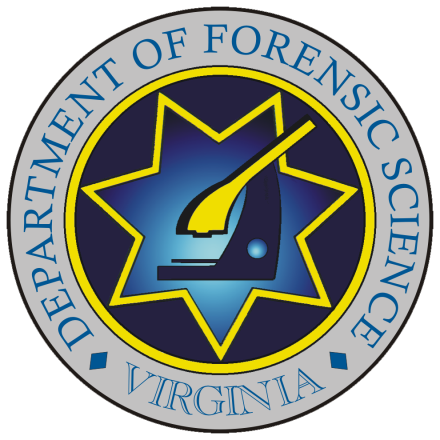Only the passage of time will “sober up” an individual.
Archives
How long does it take to eliminate alcohol?
Average elimination rates range from 0.010 to 0.020 g/210L per hour. For example, an individual with a 0.10 Breath Alcohol Concentration (BAC) would reach a 0.00 BAC in 5 to 10 hours.
If someone has a dose of cough medicine, will it contribute to the reading?
Following the normal dosing instructions, cough medicine will not produce a blood alcohol reading.
If a person has asthma, can they provide a breath sample?
Yes, people with asthma can typically provide breath samples.
Can a penny under the tongue influence the reading?
This belief is incorrect. A penny under the tongue does not contribute to or alter the breath reading.
Can dentures affect a breath test? What about tongue rings?
Dentures and tongue rings do not affect the breath test result as long as a 20 minute observation is performed.
What is the purpose of the 20 minute observation?
To allow any residual mouth alcohol to be absorbed.
Are breath tests accurate?
Yes, breath tests are very accurate. The instrumentation is held to a standard of 3% or 0.003 g/210 L of vapor (whichever is greater) for accuracy, and 0.003 g/210 L of vapor for precision.
Am I qualified for an internship at DFS?
Internships for college and university students are very limited and are managed by DFS Laboratory Directors. Priority for any available internship opportunities is given to graduate students in FEPAC accredited forensic science programs, then graduate students in forensic science programs at other colleges, and thereafter to college students in science programs at the undergraduate level. High school students are not eligible for internships.
Which schools offer degrees in forensic science?
Forensic Science is a popular degree program. Programs that are accredited by the Forensic Education Program Accreditation Commission (FEPAC) meet rigorous curriculum standards. Information on FEPAC accreditation standards and accredited programs can be found on their website. For additional information on forensic science education opportunities and a career brochure, visit the What is Forensic Science? or Careers in Forensic Science pages of the American Academy of Forensic Sciences website.
The Department of Forensic Science has an affiliation with forensic science education programs at Virginia Commonwealth University (VCU), located in Richmond, Virginia and George Mason University (GMU), located in Fairfax, Virginia.
VCU offers both B.S. and M.S. degrees in Forensic Science, which are accredited by FEPAC. Several of the lecture/laboratory courses within the Masters program are taught at the DFS Central Laboratory in Richmond. More information about both degree programs can be found here.
GMU offers both B.S. and M.S. degrees in Forensic Science. More information about both degree programs can be found here.
